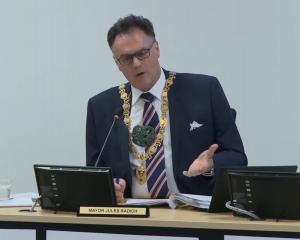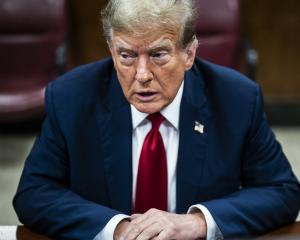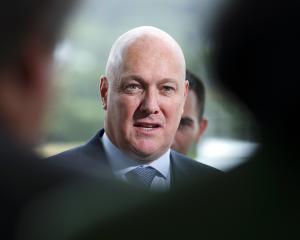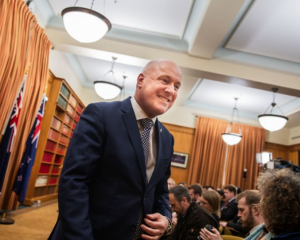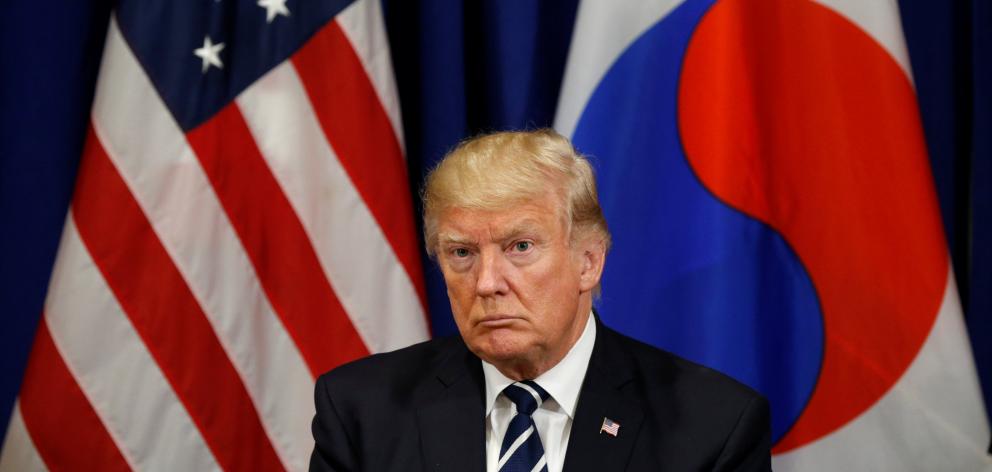
Throughout history, great orators have used rhetoric to stir emotion, to inspire, uplift and engage.
Winston Churchill’s legacy alone is significant. Can anyone doubt the power of his speeches? The courage of "I have nothing to offer but blood, toil, tears and sweat", the resolve in "we shall fight on the beaches, we shall fight on the landing grounds, we shall fight in the fields and in the streets, we shall fight in the hills, we shall never surrender", the gratitude and sincerity of "never in the field of human conflict was so much owed by so many to so few".
How many people did Martin Luther King inspire with his "I have a dream" speech? How many did Nelson Mandela encourage to show forgiveness, reject vengeance, with the following: "The time for the healing of the wounds has come. The moment to bridge the chasms that divide us has come. The time to build is upon us."
Of course, stirring words can be recalled differently by history’s winners and losers. And rhetoric has also been used to frightening effect to menace, shame, divide, destabilise and dehumanise.
It is hard to know what the current language being employed by a handful of world leaders on nuclear weapons is designed to do. Is it bluster? For effect? Or are the threats genuine?
North Korean leader Kim Jong-un’s string of missile releases has unleashed a frightening war of words.
United States President Donald Trump’s response to meet military threats from the regime with "fire and fury like the world has never seen" is terrifying for anyone aware of the horror of Hiroshima and Nagasaki.
Is it supposed to be a reassurance to US citizens and their allies that the mightiest military in the world is "locked and loaded" and ready to rain devastation on 25million people in North Korea (not counting the "fallout" elsewhere)?
It has been shocking to hear the rhetoric being amplified not in a theatre of war but one of peace: the United Nations General Assembly hall in New York.
The UN has certainly been much maligned — for its sexism, bureaucracy and, increasingly, powerlessness in the face of several humanitarian and military crises — yet its values are clear. Formed after the horrors of World War 2, foremost among its purposes is to maintain international peace and security.
Many in the chamber and elsewhere will have been shocked, therefore, to hear Mr Trump declare — in his first speech to the organisation — that the United States may have "no choice but to totally destroy North Korea".
These are ominous words from the leader of the so-called "free world" and, by targeting other nations, notably Iran (whose nuclear deal with the US he called an embarrassment) he is further inflaming the situation in a forum where diplomacy should be central.
Iran has now entered the fray, with President Hassan Rohani calling Mr Trump’s criticism "ignorant, absurd and hateful rhetoric" and labelling the US president a "rogue newcomer to the world of politics".
There is no small irony this is taking place as the world marks the International Day of Peace, looks forward to the International Day for the Total Elimination of Nuclear Weapons and as world leaders start signing the world’s first legally-binding treaty prohibiting nuclear weapons at the UN. Everyone will be hoping cool heads prevail in this standoff. But, having stoked such sentiment, who is likely to back down? What — or whose — words of wisdom can these leaders be persuaded to listen to?



